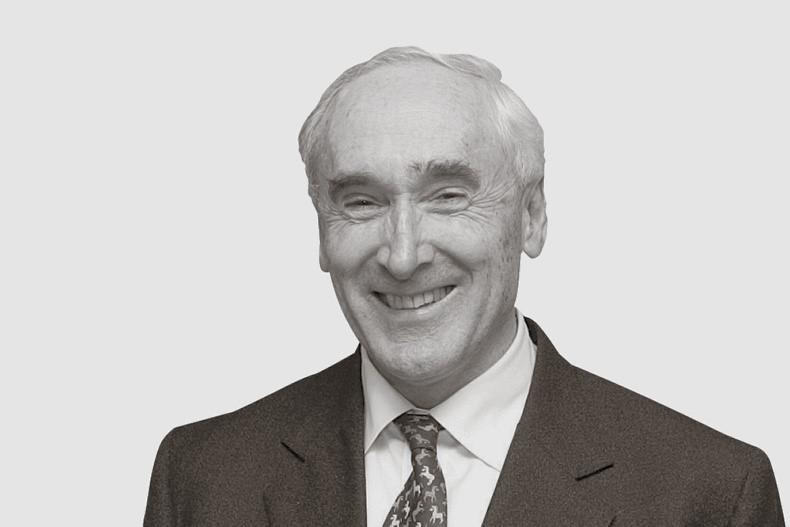The landscape defining farming is changing before our eyes. Whether we like it or not, we are moving into a dif-ferent era, one dominated not by fibre nor even food. Wool in Europe is no longer a commercial product from our farms, while the value of ruminant-produced food is being systematically undermined by a combination of veganism and well-financed venture capitalists taking a high-stakes gamble on plant-based and laboratory-cultured meat replacement products. So far, the dairy sector has withstood the challenges much better than meat – whether this is partly due to the co-op base of much of the world’s dairy sector is not clear, but the difference between the two sectors in western countries is striking, with dairy products, especially those produced from grass, seen as natural and nutritious, having successfully seen off margarine and other challengers.
It is a sign of the transformation that bogland is going to be rewetted, with Government/EU payments, to absorb carbon
But the real change is in the fuel category. The new view of farming is emerging as a source of carbon-free energy and farmland as an absorber of climate-damaging carbon. This is an entirely new role for farming, es-pecially Irish farmland, where the traditional fuel produced has not been wood from forestry, but turf. It is a sign of the transformation that bogland is going to be rewetted, with Government/EU payments, to absorb carbon.
If carbon capture and carbon-free energy production is to be the new output of our farms, then we are going to see more biodigesters, more solar farms, more wind turbines
We’ve seen a succession of major companies on the agricultural processing side commit themselves to carbon neutrality, such as Danone and Nestlé, and we already see the ESB preparing to close down the coal burning plant in Moneypoint. If carbon capture and carbon-free energy production is to be the new output of our farms, then we are going to see more biodigesters, more solar farms, more wind turbines to produce carbon-free energy, while counting the carbon absorption capacity of our hedges, soil and grassland. Fibre is unfortunately yesterday’s product in most cases – food will, of course, continue to be essential but unlike in carbon capture, profit will not be guaranteed. For the future, fuel, in the broadest sense, may well be the new farming horizon.






 This is a subscriber-only article
This is a subscriber-only article











SHARING OPTIONS: